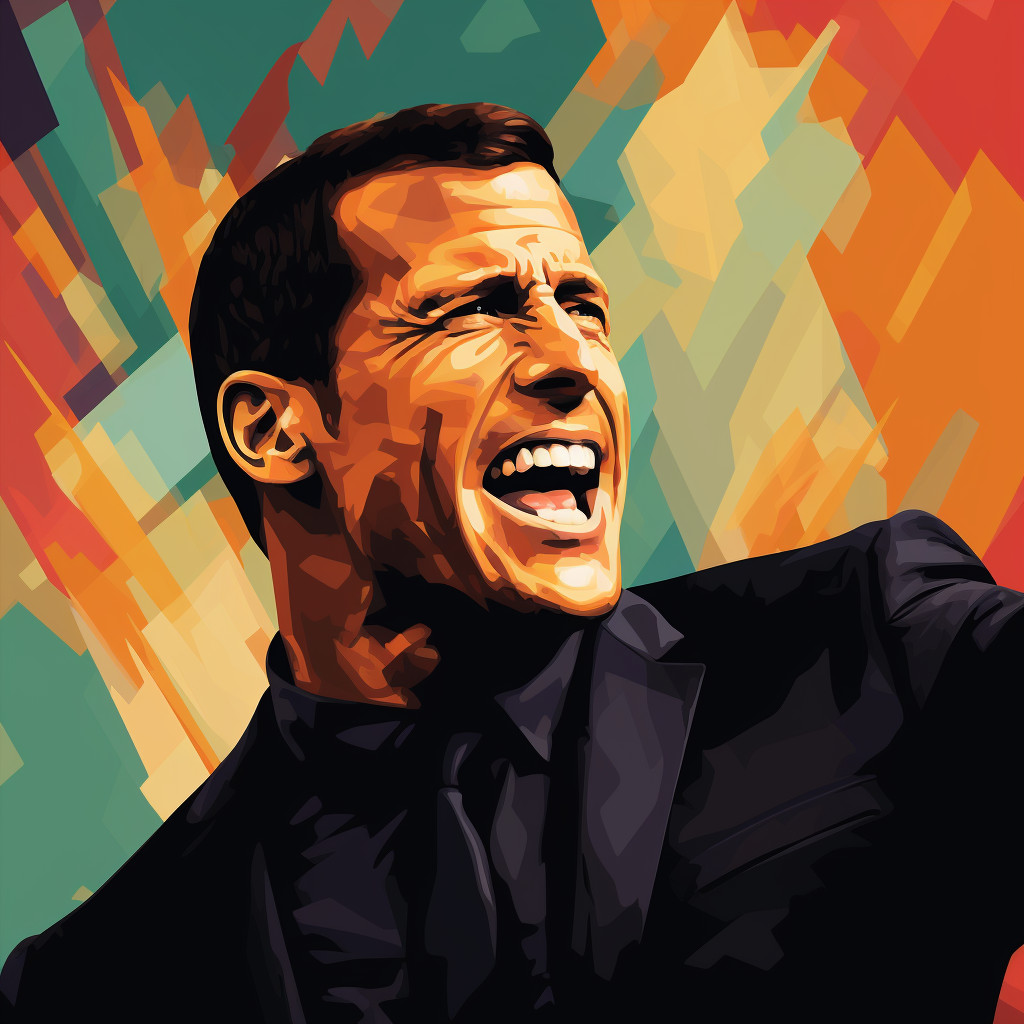This quote suggests that the emotional impact of disappointment is far greater than that of frustration. Frustration generally arises from a temporary obstacle or difficulty in achieving a goal, and can often be overcome with persistence or a change in approach. Disappointment, on the other hand, is felt when an outcome or result falls short of expectations, often after substantial effort or investment. It is a deeper, more profound emotion that can lead to self-doubt, regret, and loss of motivation.
Disappointment is often linked to a sense of failure which can be debilitating, while frustration can be viewed as a challenge that needs to be overcome. Frustration can even act as a catalyst for change, pushing us to find new ways to achieve our goals. Disappointment, however, can make us question the worth of our goals themselves, leading to a more profound emotional impact.
In today’s fast-paced, achievement-oriented world, we are often faced with situations that can lead to both frustration and disappointment. The ability to manage these emotions effectively is crucial for personal development. We must learn to view frustration as a temporary hurdle that can be overcome with perseverance and innovative thinking. As for disappointment, it’s important to remember that it is a natural response to unmet expectations, and not a reflection of our worth or capabilities.
We should use disappointment as a tool for self-reflection and learning, rather than allowing it to deter us from pursuing our goals. By adjusting our expectations, setting realistic goals, and focusing on the journey rather than just the outcome, we can mitigate the impact of disappointment and turn it into a valuable learning experience. This approach to handling disappointment and frustration can lead to personal growth, resilience, and a more balanced perspective on success and failure.








